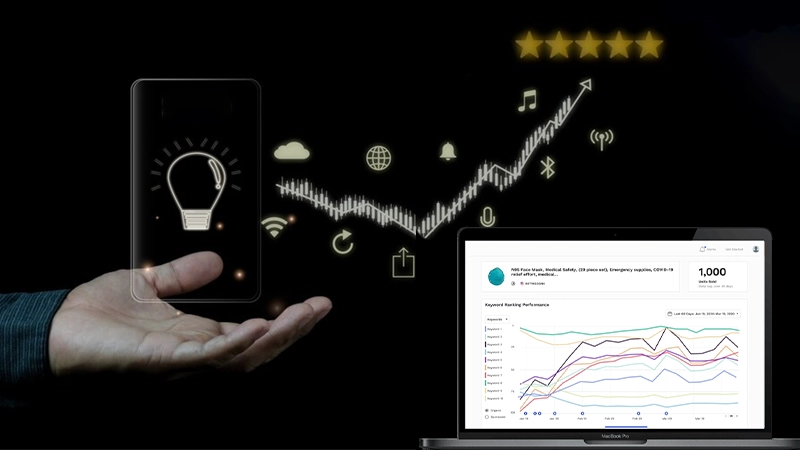What is On-Page SEO
Ranking as high as possible in search engines is the goal of every SEO strategy. That’s why most individuals design and develop a good website that would be loved by Google’s algorithm in other to achieve that goal. That’s practically what SEO is all about. There are two factors of Google’s algorithm that can determine the ranking of your website, which are: On-page SEO factors and Off-page SEO factors.
On-page factors include all the elements on your website. These are factors you have total control over, which include the quality of your content, (both textual and visual), technical setup, and user-friendliness of your website. Whereas, Off-page factors include factors such as social media attention, links from other websites, and many other marketing activities that exist outside your website. On-page SEO is the best tool used to assist Google to better understand your website and raise your ranking. In 2020, Google updated its algorithm over 4,500 times in a bid to create the smartest search engine in the world. However, despite its continuous and steady improvements, it’s still not perfect. That’s where on-page SEO comes in, to help google understand new content and this can also lead to more organic traffic.
Why is On-Page SEO Important?
On-page SEO is the process and methodology involved in optimizing a web page to boost its search engine ranking and earn organic traffic.
On-page SEO involves publishing adequate, high-quality content, and also optimizing the headlines, HTML tags (Title, header, and meta description), and images. It also means ensuring that your website is trustworthy and has a level of expertise and authoritativeness. It also takes into account the various aspect of a webpage that is important for the approval of your website’s visibility in the search results.
On-page SEO is extremely important because it helps search engines understand your content and website better and also enables search engines to identify whether the website or content is relevant to the searchers’ query. Currently, search engines are becoming more sophisticated, with more focus on relevance and semantics in search engine results pages. Most search engines such as Google is now much better at understanding what exactly users are looking for when they type a query and delivering search results that meet the user’s intent. Therefore, if you’re looking to raise your website search engine rankings then knowing how to carry out on-page SEO is essential, or maybe you could consider getting an SEO expert for your website. What is an SEO expert? They are experts that can perform page optimization for your website to ensure high-ranking search results, grow website traffic, lead brand awareness, and create a positive user experience.
Essential On-page SEO factors
Below are the essential elements of on-page SEO that can boost your content authority and improve your ranking and traffic.
1. E.A.T
This stands for Expertise, Authoritativeness, and Trustworthiness. It forms the framework used by Google raters to assess web pages, content creators, and websites. Google search rankings are also based on high-quality content. Hence, top sites producing high-quality content, are ranked high.
2. Title Tag
This is an HTML tag that exists in the head section of every webpage. It provides an initial context or cue as to what the subject matter is on the webpage.
3. Meta Description
This is an important optimization point. The meta description provides a brief description of the contents of the webpage. They are often displayed SERPs underneath the page title.
4. Headlines
To increase the website content visibility during searches, start writing compelling headlines. Coming up with a good headline is not as easy as most people might think. Your headlines must capture audience interest for it to stand out on SERPs.
5. Header Tags
These are HTML elements (H1-H6) that can be used to identify headings and subheadings within your content from other kinds of text like paragraphs.
6. SEO Writing
This is a type of writing where the content is written with both the search engines and users in mind. So if you’re looking to have a better search engine ranking then simply creating content for the sake of it alone won’t do. Your content must be high-quality, substantial, and relevant.
7. Image Optimization
Adding images to your webpage makes it more appealing to users. But it’s important to note that not all images are the same, some can cause the website to slow down while others won’t. Optimizing your images properly can help you even get additional ranking opportunities like on Google image search.
Also, you can read the following related posts:
Follow Us
Latest Post
















